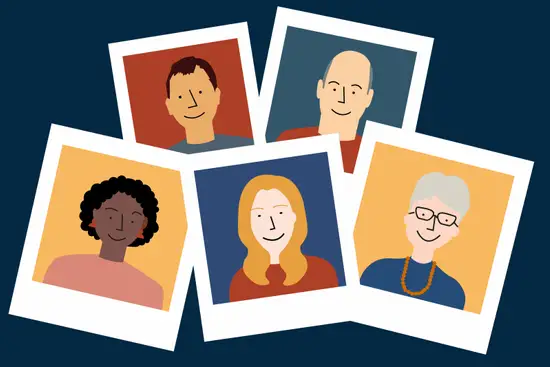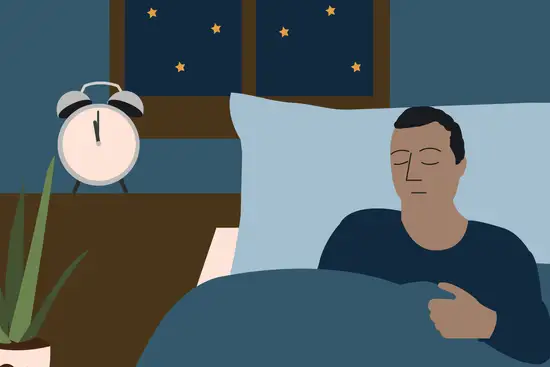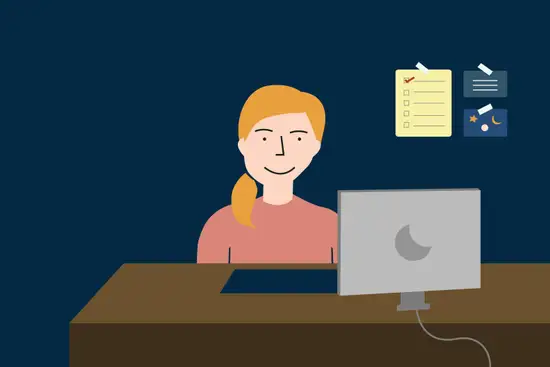We’re in the grip of a pandemic and it’s hard to avoid hearing about COVID-19. But what most people won’t realise is that a good proportion of us are also fighting another, quieter epidemic: sleep disorders.
While it may seem slightly dramatic to compare sleep problems to the current virus situation, it illustrates a key problem with sleep disorders: visibility.
How often do we hear about the epidemic of sleep disorders? Virtually never. Yet, just as with COVID-19, problems with sleep also cause illness, increase the strain on health services, affect economies and interfere with our daily lives. Just not in ways that are immediately and glaringly visible.
While the COVID-19 epidemic will pass and we will begin to recover as a society, sleep disorders will continue to remain at epidemic proportions. Unless, of course, we start to talk openly about them and better understand the huge knock-on effects they have on all aspects of our society.
In this article, we’ll delve deep into the scientific literature to examine what could be causing so many of us to experience sleep disorders. We’ll look at the effects they’re having on society as a whole and why we’re not talking openly enough about our sleep.
We’ll also consider steps we can take to reduce the impact of sleep disorders and look at what we can do to ensure we all know how to get a good night’s sleep.
What exactly is an epidemic?
We hear the word a lot and often it’s used to describe dramatic situations. There are many different interpretations but one that conveys its meaning well is: a particular problem that seriously affects many people at the same time.
The term epidemic doesn’t have to refer to an illness. You can have an epidemic of anything ― although it’s rarely, if ever, used to describe something good.
Sleep disorders have reached epidemic proportions
It’s thought that around 100 million Americans are living with sleep disorders. In 2018, the American Centres for Disease Control and Prevention (CDC) made the bold step of publicly classifying sleep disorders as a public health epidemic.
Sixty million of those US citizens experiencing sleep problems are thought to have insomnia,1 which is defined as an inability to get to sleep or to stay asleep during the night that affects how you feel the next day.
These stats indicate that around 30% of people in the USA are experiencing sleep disorders and the figures are, unfortunately, no more promising in the UK. Data from UK studies shows similar proportions of the adult population reporting problems with sleep compared to the USA.
In fact, sleep disorders are cited as having reached epidemic proportions across the globe, in both developed and developing countries2. Problems sleeping are not confined to certain age groups either. Young and old alike are experience sleep disorders3.
What are sleep disorders?
A lot of articles seem to confuse lack of sleep with actual sleep disorders. While it is true that we seem to be sleeping less and struggling as a result, lack of sleep itself does not constitute a sleep disorder.
It is, however, a starting point for developing problems with your sleep. The Sleep Council states that it takes around three months for a sleep issue to become a sleep disturbance and a further three months for it to become a sleep disorder.
Most of us sleep badly from time to time. Whether it’s because we’re stressed about something, feeling under the weather or recovering from travel, problem sleep should right itself once the cause has been resolved.
Often, by adopting good sleep habits such as having a set-bedtime, keeping an eye on your alcohol and caffeine intake, eating healthily and making time to exercise, we can improve our sleep.
However, if sleep remains poor for an extended period of time, this can be a sign of a sleep disorder developing.
If you’re regularly struggling to sleep at night, wake up feeling exhausted and unrested or feel sleepy during your day, then these can all be indications that you’ve got a sleep disorder. You can check if you may have insomnia by completing a short assessment here.
There are several types of disorder and many subgroups
Sleep disorders are problems that negatively affect your sleep. The sleep disorders that you’re most likely to have heard about are:
- Insomnia: where you have difficulty falling asleep or staying asleep during the night.
- Restless legs syndrome: where you have an irresistible urge to move your legs, most commonly during the night, thus interfering with sleep.
- Narcolepsy: where you have periods of extreme sleepiness and fall asleep suddenly during the day.
- Sleep apnoea: which is where your breathing stops and starts repeatedly during the night4.
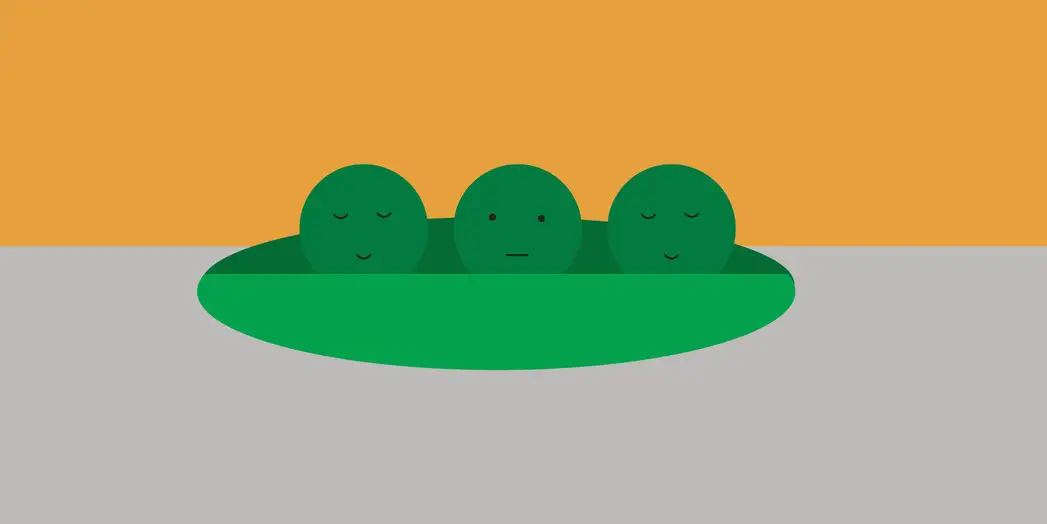
Insomnia is by far the most common sleep disorder ― affecting one in three adults in the UK
The common theme of all sleep disorders is that they interfere with your daily life and normal functioning. So if you have a sleep problem, you may feel irritable, unrefreshed and have trouble going about your daily tasks.
It’s known that sleep loss can be a precursor for developing a sleep disorder, so we also need to address another issue: are we actually sleeping less?
What factors affect how much sleep we get?
Many articles would suggest that we, as a modern society, are sleeping less than we used to. Whether this is true is a point of some debate. What we do know is that there is a wealth of factors contributing to our poor sleep habits and as our world has rapidly changed over the past couple of hundred years, so too have our sleep patterns.
The human race has stormed forward with advances in technology and industrialisation but the result is that modern society places many hurdles between us and good sleep.
A review of the scientific literature repeatedly highlights the same major advances that are known to contribute to our sleep problems. From a historical perspective, the main offenders are often cited as being:
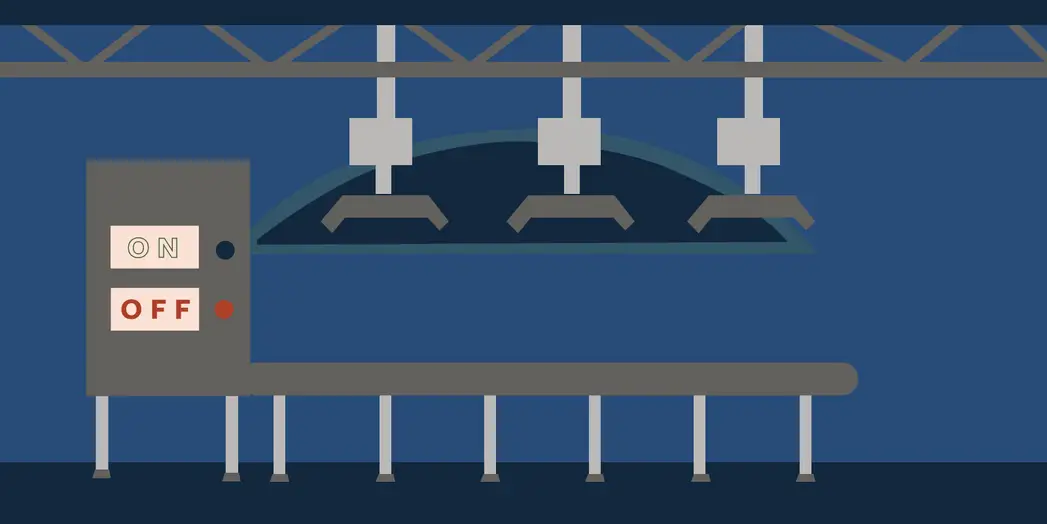
- Industrialisation, which has led to a greater use of machines and a shift towards working all hours of the day.
- Electric lighting, which allows us to stay up well into the dark hours.
- Information technology, which allows us to stay constantly connected, across the globe, 24/7.
- Our current obsession with blue-light emitting screens in the form of smartphones, tablets, computers and televisions, which all possess screens that emit large amounts of blue light and confuse our brains into thinking it’s always daytime.
Amazing as these advances are, they all have the potential to interfere with our sleep. In the distant past, humans slept when it went dark, rose with the light and sleep was often taken in two stretches over the day.
What keeps us up at night?
We no longer have to go to sleep when darkness falls. We have the magic of electric lighting ― we can stay up all night, if we so wish, and many of us take advantage of this.
What do we do when we stay up? We spend a huge amount of time using devices such as TVs, computers, tablets and smart phones.
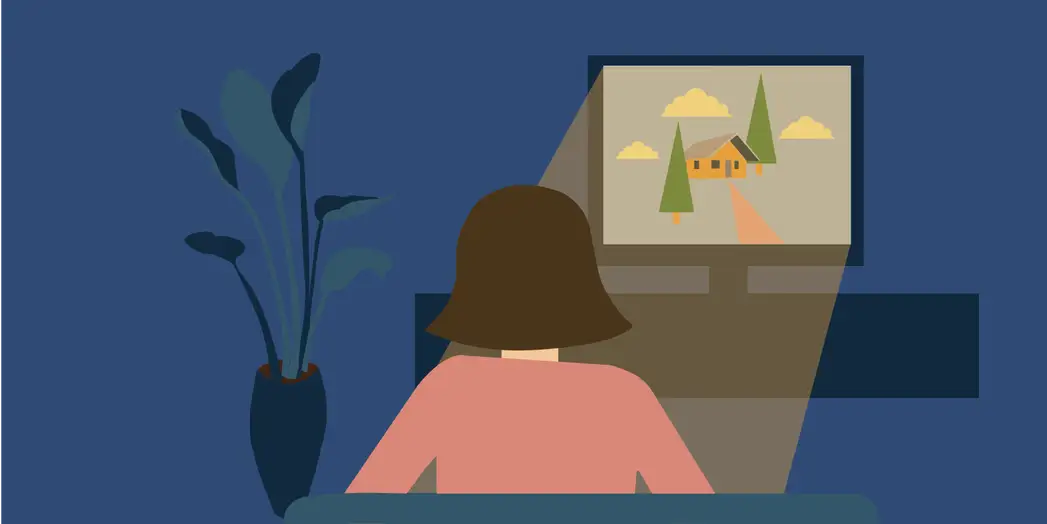
While these technologies have revolutionised our world, they aren’t doing our sleep any favours. Our body clocks become confused and we have a tendency to privilege staying up and staring at our screens over getting good quality sleep.
Now that we also have the ability to work all hours of the day and night, we can end up further upsetting our body clock. Through our connected devices, we’re available 24/7 and accessible by email, text and phone.
So, while it would seem that our hi-tech world is the cause of our sleep issues, it appears that there’s also an element of self-sabotage at play.
It’s become cool to forego sleep
As our society races forwards industrially and technologically, and we become more interconnected, we’re fast losing sight of the fact that we still need to sleep.
Humans have become very busy. As our modern world developed, especially during the past 50 years, it became seen as a badge of honour to work all hours and get by with little sleep.

The 1970s gave us the term ‘workaholic’ and in the 1980s power-dressing office-workers proved their worth by working all day and night.
In the 1990s, the importance of free-time and achieving a good work/life balance slowly began to emerge as being more desirable.
The turn of the century came with huge advances in information technology. The internet became accessible to more people, allowing us to work globally and across time zones with much greater ease.
In the first decade of the 21st century, home-working/remote-working flourished. Suddenly we could access call centres, factories and work colleagues in places across the globe and far from where we live. Many of us aligned our work hours with time-zones other than the ones we live in.
Finally, during the last decade, we’ve started to take notice of how our work-life balance has a major impact on our mental and physical well-being. We’re becoming more self-aware.
There’s less stigma related to acknowledging the importance of our mental health. We know we need that down-time.
But, while we’re now valuing the importance of our free time more, it doesn’t mean that we’re using it productively. Instead, we’re finding new ways in which to try and fill every moment of our day.
Have we forgotten how to switch off?
It seems that we’re fast forgetting how to disconnect. We work, exercise, socialise, stare at our phones, watch Netflix and then, maybe, cram in six or seven hours of sleep before we get up and repeat the cycle.
Today’s culture teaches us that it is perfectly fine to stay connected 24/7, to work at any hour of the day and night and to come home and relax by bombarding our brains with information from our TVs/tablets/smartphones.
We’re now going to bed later, but not getting up any later to match. That’s creating a sleep-deprived population, desperately trying to get by with the sleep tank half-empty.
When we do sleep, our brains remain busy. We’re desperately trying to process all of the information that we’ve taken in during the day.
Many of us won’t even realise that our grumpiness, lack of energy and daytime sleepiness can all be signs that we’re not sleeping enough.
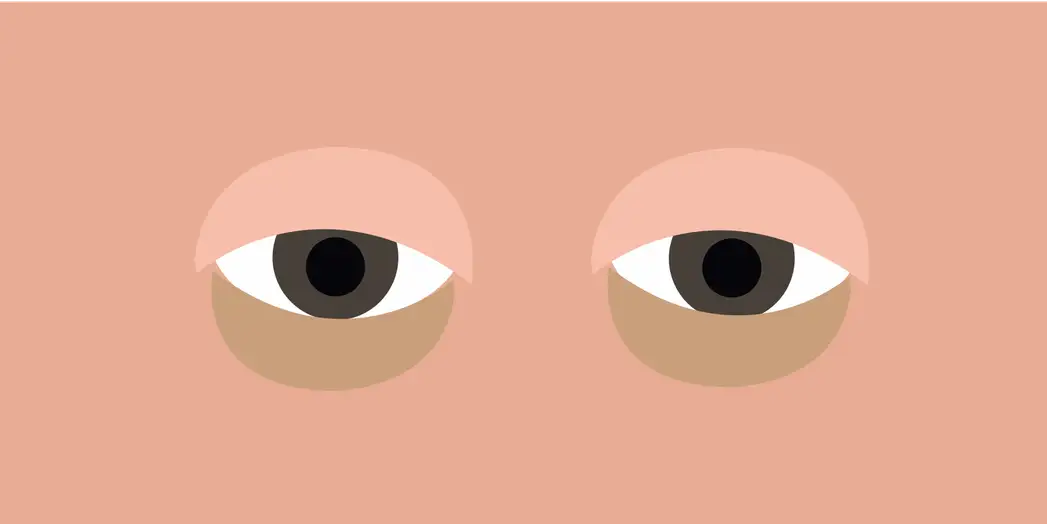
We’re out of touch with our sleepiness signals
We’re not listening to our bodies when they tell us we need to sleep.
It seems that we’ve lost touch with our innate need to sleep. It’s as if we believe that, as our world is advancing and the pace of life is increasing, our need for sleep can reduce to fit in with our busy lives. This couldn’t be further from the truth.
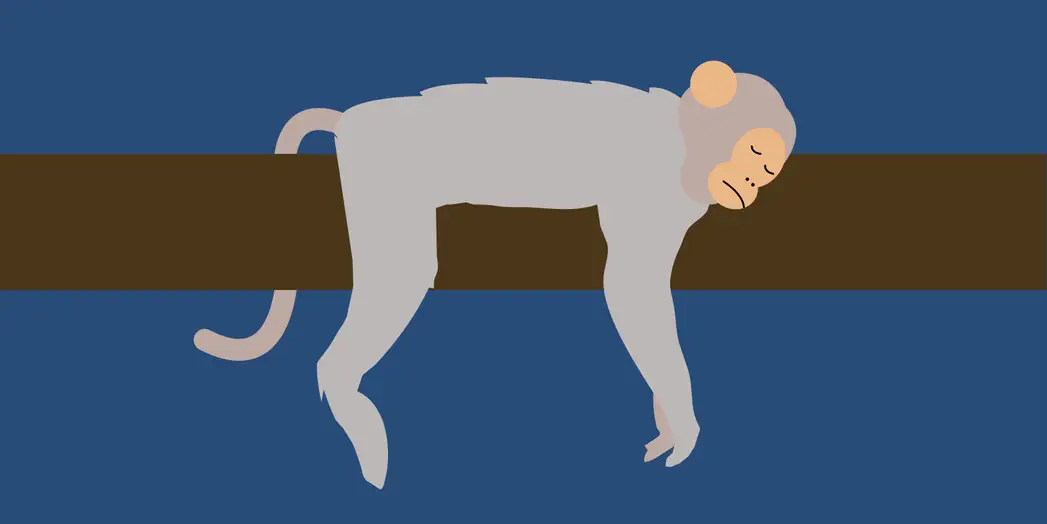
We already sleep less than all of our primate cousins
In a study of more than 30 types of primates, humans were shown to sleep less but spend the most time in deep sleep.5
So it’s proposed that we sleep less but more efficiently and this may be why we have evolved to be where we are today.
Mother Nature has taken millions of years to hone our sleep need to what it is today, so we can’t now just cut it down even further to fit in with our busy schedules. We’re already sleeping on a tight schedule.
Too little emphasis is placed on the importance of sleep
The benefits of good quality sleep are constantly under-appreciated and poorly understood
In school and in the media ― or even when we visit a doctor’s office ― it’s the same message: we have it drilled into us that we should eat healthily, exercise regularly and try to manage our stress level. But there’s not much emphasis on getting good quality sleep in this advice.
For instance: we constantly see adverts on TV telling us to eat a rainbow of colours of vegetables, keep ourselves and our kids fit, quit smoking and limit alcohol intake. But do you ever remember seeing an advert telling you to go to bed at a reasonable time or explaining the steps to take to get a good night’s sleep? Not likely.
In school we don’t learn a lot about the importance of, and our basic need for, good sleep.
We take it for granted that we can live now, sleep later
However, the tide is slowly turning and governments and healthcare providers are beginning to acknowledge that our sleep is hugely important.
As countries start to take steps to stem this epidemic of sleep disorders, we should begin to see more education and mainstream information regarding the importance of sleep.
A quick search by country shows that steps are already being taken. A good example is Australia, which has already outlined ways in which it intends to combat the country’s sleep problems. Proposals include providing specialised training for health care professionals and implementing community ‘sleep health’ education programmes.
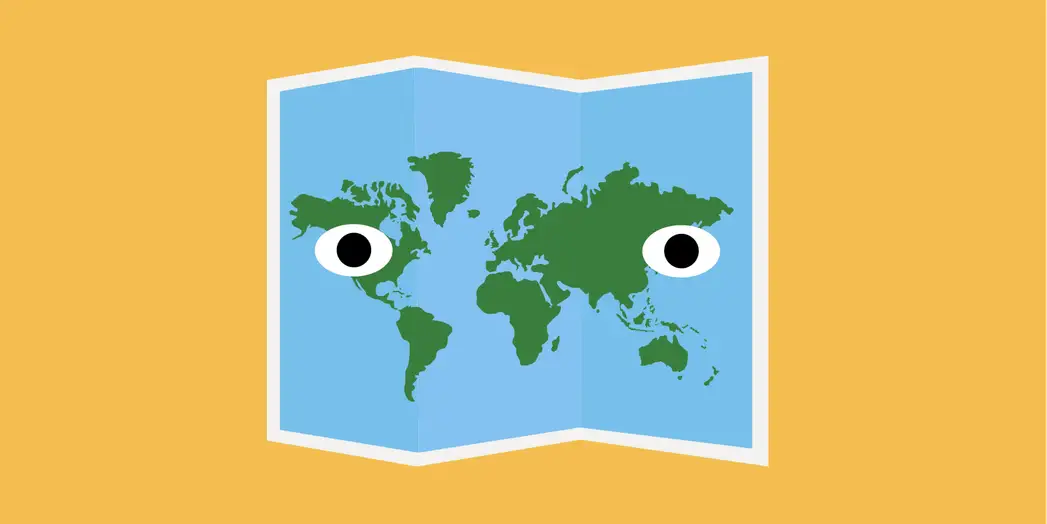
Why are countries starting to wake up to the impact of sleep disorders?
The fact that America’s CDC openly acknowledged sleep disorders for what they are shows that we are moving in the right direction. But why only now are we beginning to recognise the impact of sleep problems?
Firstly, medical communities are beginning to better understand that sleep disorders have major health implications and secondly, crucially, that they have a huge financial impact on a society.
Sleep disorders cost major money
When problems like sleep disorders start to have a negative impact on an economy, they slowly become something that is taken seriously!
Cynical as this seems, it is estimated that the US economy loses $63 billion due to sleep-related problems.1 These figures are quite conservative as other studies state that the loss is actually between $280 billion and $411 billion annually due to the broader term of ‘insufficient sleep’.6
In the UK, it’s a similar story. A study by the RAND think-tank estimated that insufficient sleep was costing the UK around £50 billion per year in lost productivity.7 In Australia, a recent review by health and government officials came to similar conclusions.
Sleep disorders cost economies heavily so, once a country becomes aware of the financial implications, attitudes begin to change and steps are taken to minimise their impact on society.
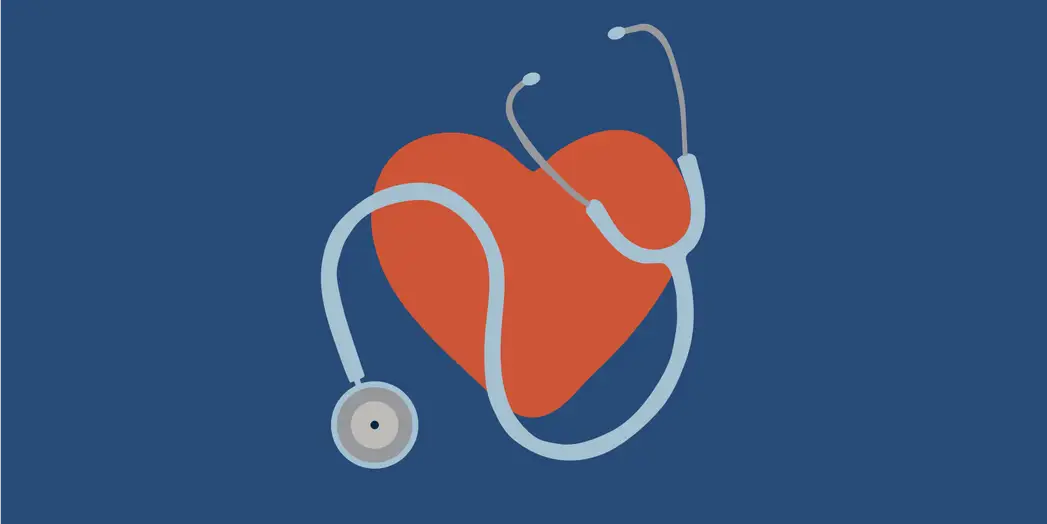
Health implications of sleep disorders
We all know that when we don’t get a good night’s sleep, we don’t feel on top form. We don’t perform at our best, we can be irritable and our brains feel foggy.
But what many people don’t realise is that sleep disorders can lead to major health problems.
Insufficient sleep has been linked to seven out of the 15 top causes of death in the USA8 and poor sleep is known to contribute to road traffic accidents, poor performance at work and the development of many diseases.
The list of illnesses and health issues that are associated with sleep problems is vast, including (but not limited to):
- diabetes
- cancer
- obesity
- circulatory and heart problems
- depression
- cognitive impairment.5
Not surprisingly, these also have an enormous financial burden on a country’s health systems.
So it is understandable that if we can treat this epidemic then we can reduce the incidence of many of these illnesses. The positive knock-on effects on the health services and economy will be huge.
What is needed to combat this sleep loss epidemic?
Education
We need to go back to basics on this one. It seems that we could all do with a lesson or two in the importance of sleep and the fundamentals of how to achieve a good night’s sleep.
Research
The field of sleep research is already well-established but further research can help us to better understand sleep disorders. We now have the technologies to conduct large-scale patient studies, to better understand sleep and sleep disorders.
We can look at how our genetics affect our sleep and sleep problems and identify ways to use this knowledge in our treatment of sleep disorders.
Because of these factors, our understanding of sleep is ever-expanding.
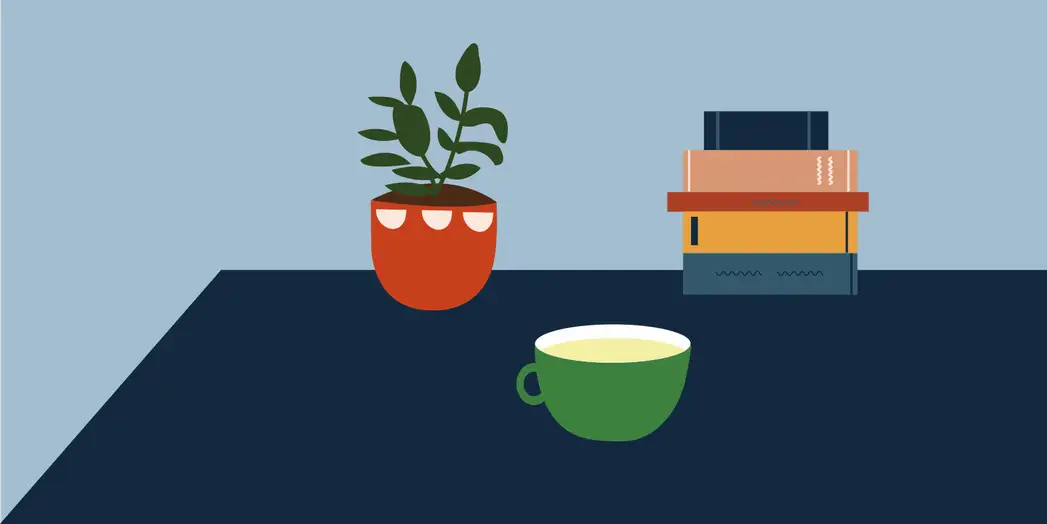
Exposure
The acknowledgement of an epidemic of sleep disorders by multiple governments and health agencies is a step in the right direction.
By taking away the stigma associated with sleep problems and opening up discussions on how we can address these disorders, we’re already one step closer to making treatment easier.
We need to acknowledge that sleep disorders do not need to be hidden. If a third of us are in the grips of sleep problems, then obviously you’re not alone if you’re struggling to sleep.
People are often surprised to find out that the majority of sleep problems are eminently treatable. With better exposure, more of us should realise that help is available for our sleep disorders.
What can we do on an individual level?
There’s a whole host of things you can do to maximise your chances of getting a good night’s sleep. While it’s not in the scope of this article to discuss these in detail, some of the key steps you can take are to:
- Get some exposure to sunlight in the day time.
- Make time to exercise. Even if it’s just going for a gentle stroll, it all adds up.
- Try to maintain a healthy diet and don’t eat anything too heavy too close to bedtime.
- Try to limit your intake of caffeine and alcohol in the hours before bed.
- Remove electronics from your bedroom. Limit their use around bedtime if possible.
- Make time to relax and unwind before going to bed.
- Try and keep your bedtime and wake up times consistent.
But none of us are perfect and we’re unlikely to stick to all of the above! They’re not meant to be rules. They’re just tips and pointers to help you improve your sleep.
For more great insights into the above topics, check out our articles here.
The take home
Is there an epidemic of sleep disorders? Most definitely.
But it’s an epidemic that we can all take steps to mitigate if we just acknowledge the huge importance of getting a good night’s sleep.
Yes, modern life is busy and technology-filled but we can all work towards limiting the impact that it has on our sleep patterns.
We also need to realise that sleep problems are common and nobody need suffer in silence.
With the correct diagnosis, the majority of sleep problems are easily treatable. If you’re having trouble sleeping and think that you may need help then register for help from our team or speak to your GP.
References
- The Good Body. 26 Insomnia Statistics: Data Reveals Rise in Huge Epidemic. Weblog. Available from: thegoodbody.com/insomnia-statistics/ ↩︎
- Stranges S, Tigbe W, Gómez-Olivé FX, Thorogood M, Kandala NB. Sleep problems: an emerging global epidemic? Findings from the INDEPTH WHO-Sage Study among more than 40,000 Older Adults from 8 Countries across Africa and Asia. Sleep. 2012; 35(8):1173-81. ↩︎
- Bragazzi NL, Guglielmi O, Garbarino S. SleepOMICS: How Big Data Can Revolutionize Sleep Science. Int J Environ Res Public Health. 2019; 16(2): 291. ↩︎
- Ohayon MM. Epidemiological Overview of sleep Disorders in the General Population. Sleep Med Res 2011;2:1–9. https://doi.org/10.17241/smr.2011.2.1.1. ↩︎
- Nunn CL, Sampson DR. Sleep in a comparative context: Investigating how human sleep differs from sleep in other primates. Am J Phys Anthropol. 2018; 166(3):601-612. ↩︎
- Chattu VK, Sakhamuri SM, Kumar R, Spence DW, BaHammam AS, Pandi-Perumal SR. Insufficient Sleep Syndrome: Is it time to classify it as a major noncommunicable disease? Sleep Sci. 2018; 11(2): 56–64.
↩︎ - Hafner M, Stepanek M, Taylor J, Troxel WM, Van Stolk C. Why sleep matters — the economic costs of insufficient sleep: A cross-country comparative analysis. RAND Health Q. 2017; 6(4):11. DOI:10.7249/RR1791 ↩︎
- Chattu VK, Manzar MD, Kumary S, Burman D, Spence DW, Pandi-Perumal SR. The global problem of insufficient sleep and its serious public health implications. Healthcare (Basel) 2018;7:1. ↩︎
